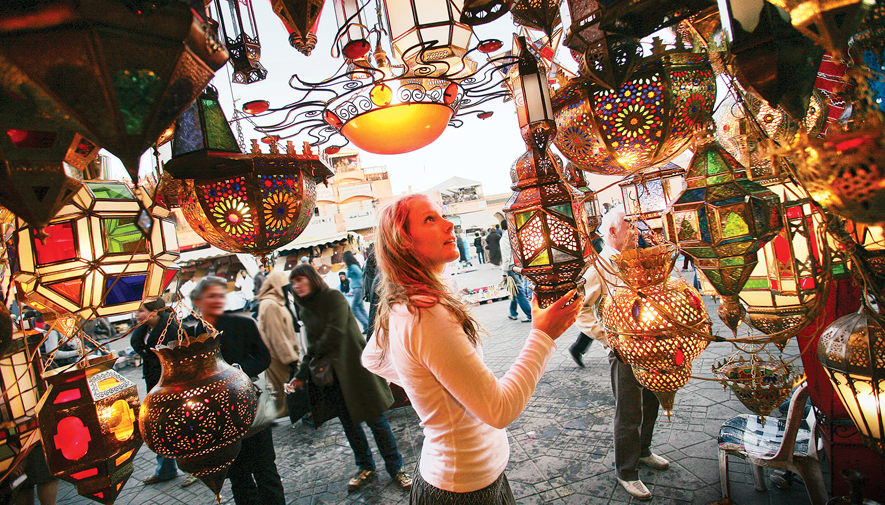The art of haggling abroad
Canadians feel uneasy negotiating prices in foreign lands but with the right tactics you can get deals and insight into the culture.
Advertisement
Canadians feel uneasy negotiating prices in foreign lands but with the right tactics you can get deals and insight into the culture.

Share this article Share on Facebook Share on Twitter Share on Linkedin Share on Reddit Share on Email